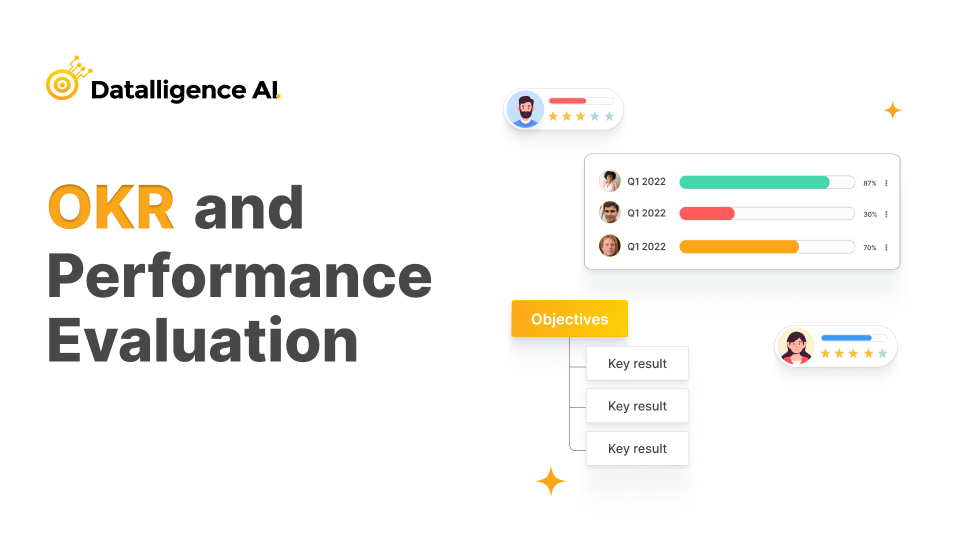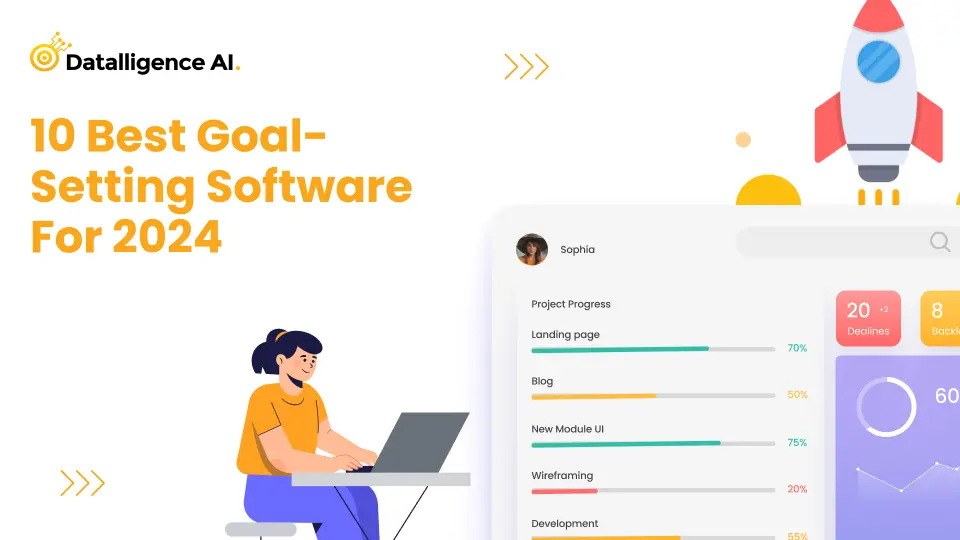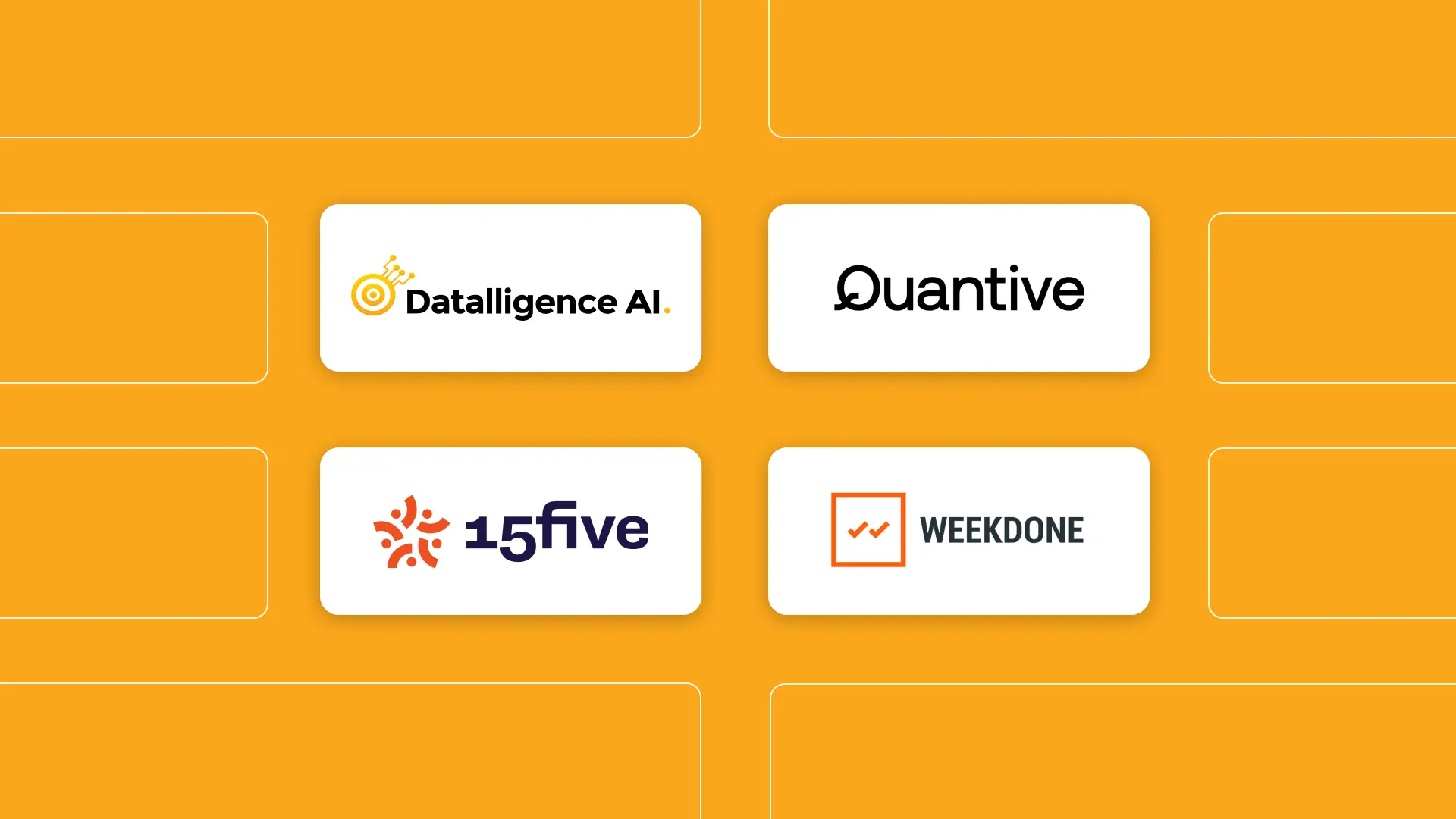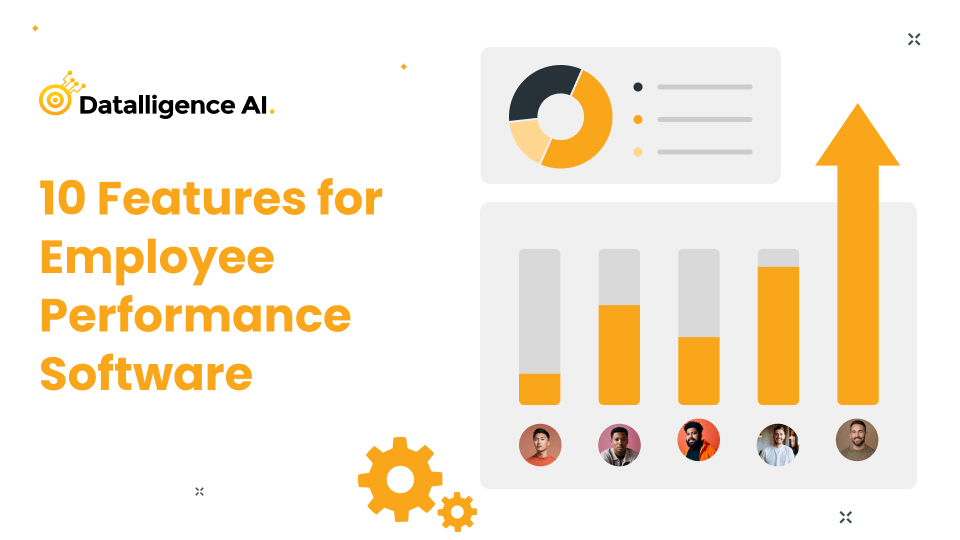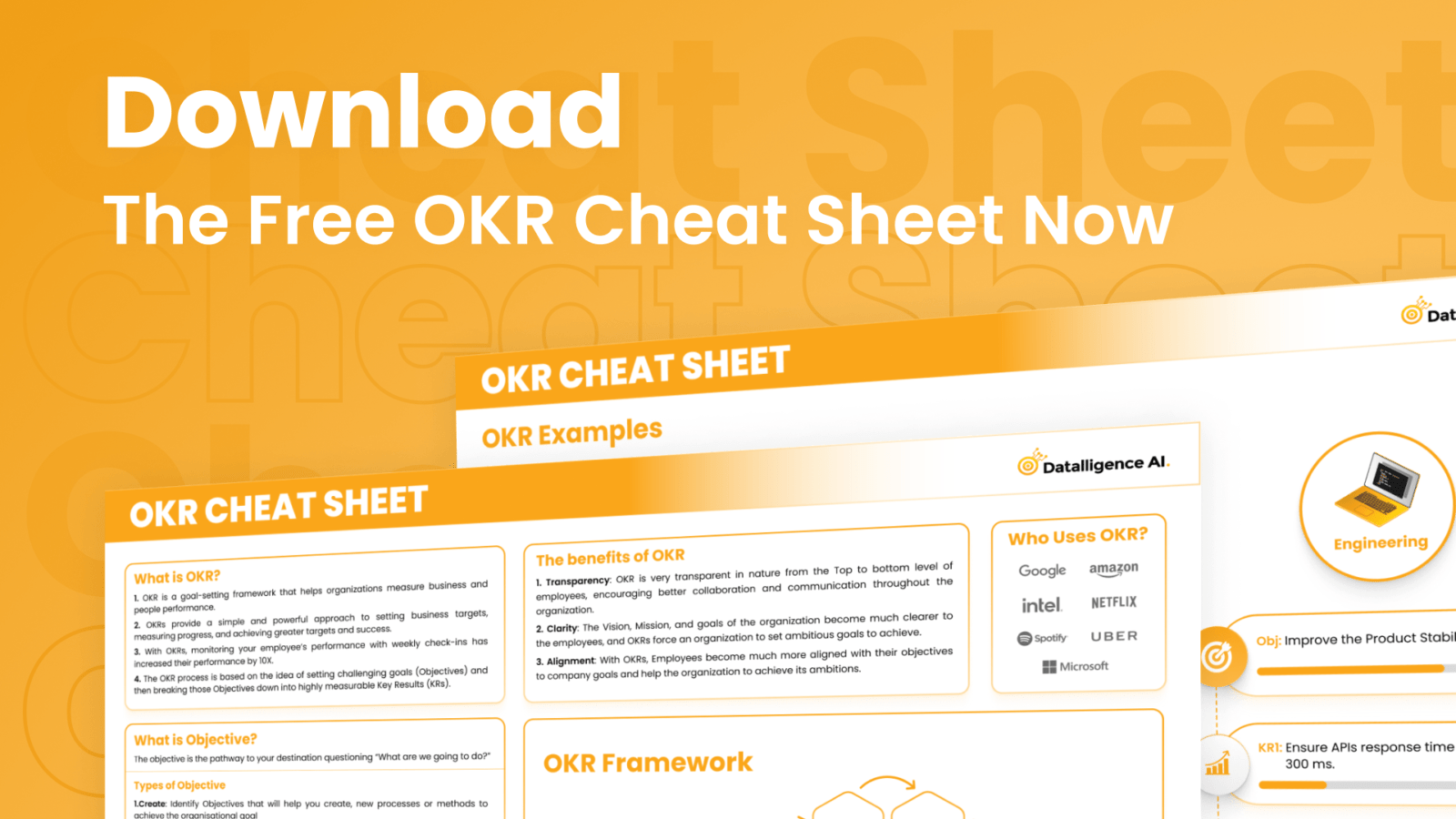OKRs (Objectives & Key Results) and performance management, how are they different or is it the same? The most frequently asked question. But before we understand, let us understand the two different tools separately.
What is OKR (Objectives & Key Results)?
Objectives and Key Results (OKRs) is a goal-setting framework that helps organizations to measure their strategy execution. Ideas are easy, while execution is harder. Hence, organizations need to have a great framework that helps them in executing their strategy. Corporate objectives are the north star that guides the teams and individuals. Objectives help us to define the destination and the Key Results help us to reach the destination.
What is a performance review?
Performance management measures the outcome of an organization, department, and individuals on goal achievement. It is a practice to link the performance of an individual to the compensation revision and bonus. This also lets a manager evaluate an individual’s performance and the skills and competencies required for the role that they play
“Good performance accountability is about having a positive conversation between manager and employee. A manager is a coach and communicator, not command and controller.”
–Dave Ulrich,
What is the relationship between OKRs and performance evaluation?
Let us understand this in detail as most people confuse these two. Both the tools help you to measure the individual outcomes as well as the team outcome. They both promote employee engagement and empowerment. The constant performance conversations around the OKRs are the inputs for the performance review. Both work well together as the individual involved in the outcome are the same; hence, the performance is data-driven and transparent.
Should OKRs be linked to performance?
OKRs can be an input for a performance review, either linked or not linked. But that cannot be the only factor to determine an individual performance. OKRs allow regular check-in and retrospective meetings. This helps the team to understand the progress and measure where we are progressing at any given time. This conversation and the discussion around OKRs help in facilitating the performance feedback and analyzing the gap for the given role
Why should you separate OKRs and Performance Reviews?
As OKRs and Performance Management are linked to an employee, naturally, managers or organizations might want to see them together. But it would be the best practice to keep OKRs as input during performance reviews as they might not work well together as performance management is linked to compensation.
What are the disadvantages while linking OKRs to compensation?
While OKRs are linked to compensation then it will make employees set sandbagging OKRs, that is OKRs that are achievable easily. They tend to set the bar low so that it can be achieved.
While OKRs can be ambitious, they tend to change if they are not delivering the expected results. So, in this unpredictable case, it is not advisable to link performance to it, which will eventually demotivate teams and individuals.
It can so happen that, at times the achievements are more overrated than actual, this will result in bias and ambiguity. Since Performance review benefits individuals there might be a lack of collaboration among the teams while delivering OKRs
For example; If an R & D person wants to set an OKR to achieve the organizational objectives, then she/he would set is aspirational. Being an aspirational objective, She/he may not be able to achieve 100%. If this is linked to his performance, then she/he will score less. Also, he will not be motivated enough to set aspirational goals.
How to embed OKRs with your performance management?
OKRs can be reviewed together with certain guidelines. Keep performance and OKRs as a separate process and plan, track, and measure separately. As
Keeping OKRs as input to Performance reviews will help in understanding what is the outcome of individual OKRs and team OKRs, to have clarity on the employee aspirations and output.
We honestly believe that OKRs should be accounted for while doing performance reviews. But it should not be the only source of decision-making. There are other skills and competencies, Values that we need to evaluate during Performance, and you can make a collective decision.
Review OKR-related factors during the review process on
- How the goals were challenging
- The Importance of the goal
- How did their action on the OKRs translate to the team and organization
- How collaborative they contributed to the OKRs
- How it improved their prioritization.
Conclusion:
Looking at the benefits of OKRs and how agile it is it highly synergizes with continuous performance management and can be mutually beneficial if looked at together. It is incredibly important to keep compensation away while we are reviewing. Adding developmental goals to the performance reviews should also remain a separate discussion. With OKRs implemented in the organization then it would be the best starting point to launch continuous performance management.
This can be highly supported while implementing OKR Software that motivates check-ins and nudges frequent discussion with the team. OKR Software can be of great advantage while implementing OKRs and continuous performance management together. Talk to our coaches today to start your free trial.

